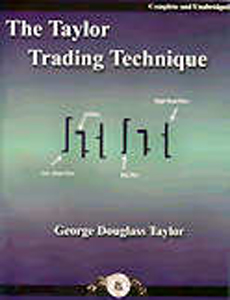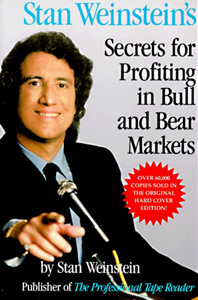Dividend Dates Explained
- How to Trade Forex and Gold Options
- How to Trade the Gold Price and Profit!
- Forex Trading the EUR/USD Pair € EURO and $ US Dollar
- How to Trade Stock Market Indices S&P500
- How to Trade Crude Oil
- Forex Trading Psychology
- What Are Broker Recommendations?
- Free Tickets to Trading & Investing Seminar & Expo ($18) Brisbane 2013
- Stock Calc App
- All About Warrants
- Introduction to Exchange Traded Funds
- Introduction to Exchange Traded Funds: Features
- Introduction to Exchange Traded Funds: Domestic ETFs
- Introduction to Exchange Traded Funds: International ETFs
- Exchange Traded Commodities
- Australian Stock Scan
- Australian Online Share Trading
- List of Trading Books
- Interesting Thoughts about the Australian Dollar
- What's the Meaning of Hawkish?
- Do You Know How To Use the P/E Ratio
- Trading, Religion and Politics - Do They Have Anything in Common?
- Shares that are Volatile that Double and Half in the Short Term
- Telstra (TLS) T3
- Margin Call by E-mail
- The Cost of Holding a Position
- Lack of Disclosure: Compensation from ASX Listed Company
- Unrealistic Returns and Benchmarks
- CMC Markets Down
- Quality versus Quantity Forex Trading
- Woolworths 1H Sales $30.7bn up 3.2%
Date added 31-01-2013 - ASIC Fines CommBank's CommSec
Date added 25-09-2012 - Industry Super Network Calls to Ban High Frequency Trading (HFT)
Date added 22-09-2012 - NAB Launches Online Share Trading Platform
Date added 19-09-2012 - Reserve Bank of Australia Says 23 Countries Holding AUD
Date added 18-09-2012 - Australia Post Digital Mailbox
Date added 10-09-2012 - Winners and Losers of Trading for Week 2
Date added 16-01-2012 - 2012's First Week of the Best and Worst Traded Stocks
Date added 09-01-2012 - 2011's Last Best and Worst Traded Stocks
Date added 05-01-2012 - Best and Worst Pre-Christmas Traded Stocks
Date added 30-12-2011 - Trading Winners and Losers for Dec. 12-16
Date added 19-12-2011 - Best and Worst Traded Stocks for Dec. 5-9
Date added 13-12-2011 - Top 3 Best and Worst Traded Stocks
Date added 05-12-2011 - ASX Glitch Trading Halt
Date added 27-10-2011 - Worst Trade Stocks (and the Best)
Date added 06-08-2011
Top 150 Public Companies Listed on the Australian Stockmarket as at 29/05/2009
- BHP Billiton
- Westpac Banking Corporation (WBC)
- Commonwealth Bank of Australia (CBA)
- National Australia Bank (NAB)
- Telstra (TLS)
- ANZ
- News Corporation (NWS)
- Woolworths Limited(WOW)
- Woodside Petroleum Limited (WPL)
- Rio Tinto
- Westfield Group (WDC)
- Westfarmers Limited (WES)
- QBE Insurance
- CSL
- Newcrest Mining Limited (NCM)
- Origin Energy Limited (ORG)
- Santos Limited (STO)
- AMP Limited (AMP)
- Macquarie Group (MQG)
- Foster’s Group Limited (FGL)




